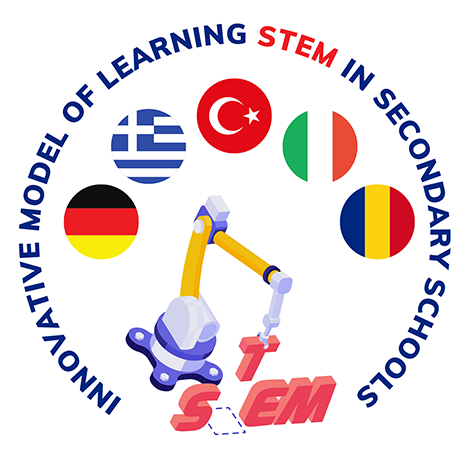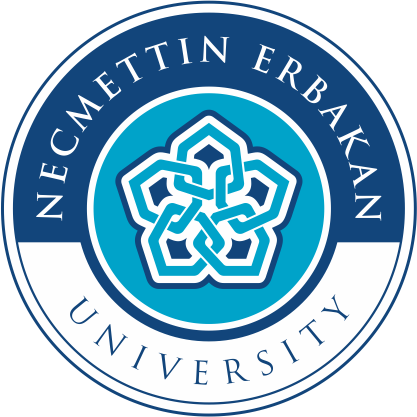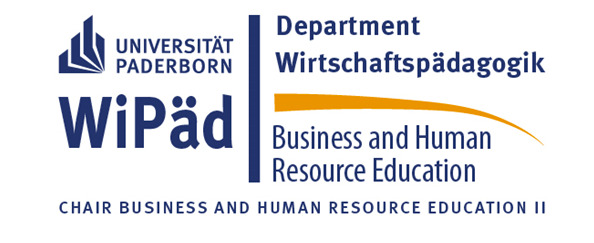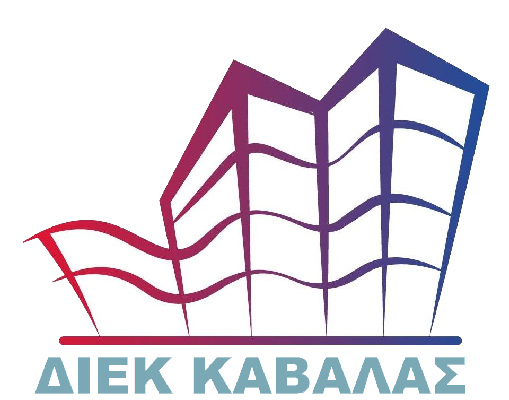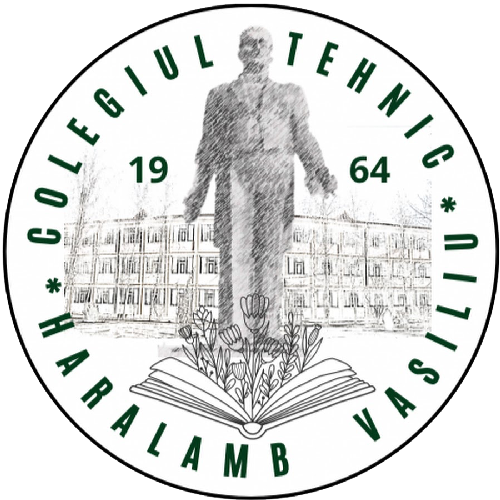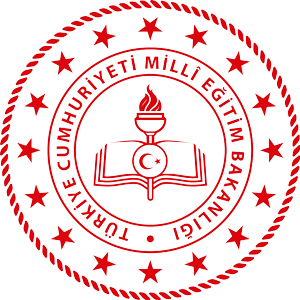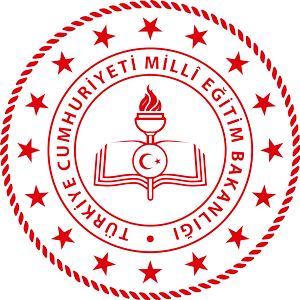STEM in secondary schools
Learn Stem
Action n. 2022-1-TR01-KA220-SCH-000087583
realized in the framework of the program
Erasmus Plus KA220-SCH – Cooperation partnerships
in school education


Context
STEM (Science, Technology, Engineering e Mathematics) are fundamental matters in the development of the student’s curriculum because they help to teach critical thinking skills and to instill a passion for innovation. Beyond the benefit of learning science, technology, engineering, and math, they assist in the problem-solving and exploratory learning that fuel success across a variety of tasks and disciplines. But in these keys’ areas, in the partners countries, there are different delays, that could lead to the incapacity of the Member States and Europe as a whole to reach the 2023 targets related to education and training, digital skills, democracy and social inclusion. In addition, not addressing these issues can lead to two different negative results:
- failing to enhance Europe’s competitiveness at the international level;
- failing to build a more sustainable and socially committed business environment.
Target groups
The main target group of the project is composed by 14-15 years aged students.
Other target groups are upper and lower secondary schools, VET institutes, teachers, researchers, school staff, training organizations and providers, companies, HEIs, research institutes, Scientific Parks, public authorities, policymakers, trade unions, NGOs.
Project Aims
The project aims at strengthening secondary schools’ capacity to develop skills in subjects such as science, technology, engineering and mathematics through innovative and interactive pedagogical methods and approaches.
Objectives
This Project will improve students’ attitudes and performance in the STEM areas of interest.
It wants to find ways to attract students and capture their interest in real subjects: science, technology, engineering, mathematics, are integral parts of the present and future, that we encounter everywhere.
For this reason, the project wants to encourage students to devote more time to these subjects because they can help them to create their future.

Activities and Outcomes
The project foresees the following activities and outcomes:
- 6 partners’ meetings
- Various virtual partners’ meetings
- Management and Quality Plan
- Bilateral Collaboration Agreements with partners
- Project brochure
- Project website
- Progress and Final Reports
- Exploitation and sustainability strategy & IPR Agreement
- Other dissemination materials.
Results
The project plans to realize the following 3 different outputs:
- LEARN STEM Pedagogical Model
- Definition of LEARN STEM Teacher Training Programme
- Design and test of the LEARN STEM online learning environment.
.
A new pedagogical model
The project wants to provide an innovative pedagogical model designed to encourage and nurture pupils’ inquiring minds and their creativity and to stimulate their sense of initiative. Furthermore, this Model and the inquiry learning package will be developed also in cooperation with researchers in the IoT and robotics fields so that it will also support the development of research skills and will help pupils in better understanding the impact of the ‘abstract’ STEM subjects on the real-life of individuals and communities. By doing all this, this project promotes new forms of teaching and learning in science and technology: connecting schools to researchers and inquiry-based science teaching.:
Why it is innovative
It is innovative because:
– it combines a holistic approach in adopting innovative technologies and pedagogies in school education by proposing an education Model that brings a comprehensive perspective encompassing aspects regarding the practical application of STEM subjects in everyday life, gender equity, involvement of parents and also other stakeholders.
– the teacher training proposed includes not only information but also skills regarding collaborative and innovative pedagogies and practices they can adopt for teaching STEM.
Applicant organisation:
Necmettin Erbakan Üniversitesi (Turkey)
Partner Organizations:
Ingenious Knowledge GmbH (Germany)
Universität Paderborn (Germany)
IEK Kavalas (Greece)
EURO-NET (Italy)
Colegiul Tehnic “Haralamb Vasiliu” (Romania)
Ahi Evran Anadolu Lisesi (Turkey)
Yusuf Demir Bilim Ve Sanat Merkezi (Turkey)
